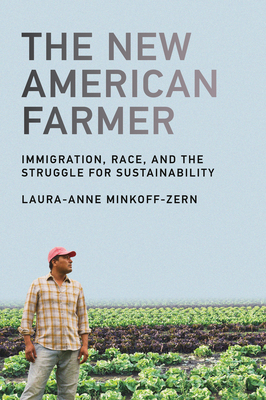Expedite your nonfiction book discovery process with Readara interviews, summaries and recommendations, Broaden your knowledge and gain insights from leading experts and scholars
In-depth, hour-long interviews with notable nonfiction authors, Gain new perspectives and ideas from the writer’s expertise and research, Valuable resource for readers and researchers
Optimize your book discovery process, Four-to eight-page summaries prepared by subject matter experts, Quickly review the book’s central messages and range of content
Books are handpicked covering a wide range of important categories and topics, Selected authors are subject experts, field professionals, or distinguished academics
Our editorial team includes books offering insights, unique views and researched-narratives in categories, Trade shows and book fairs, Book signings and in person author talks,Webinars and online events
Connect with editors and designers,Discover PR & marketing services providers, Source printers and related service providers

The New American Farmer: Immigration, Race, and the Struggle for Sustainability
Political Science > Public Policy - Environmental Policy
- MIT Press
- Paperback
- 9780262537834
- 8.9 X 6 X 0.6 inches
- 0.75 pounds
- Political Science > Public Policy - Environmental Policy
- (Single Author) Asian American
- English
Readara.com
Book Description
Although the majority of farms in the United States have US-born owners who identify as white, a growing number of new farmers are immigrants, many of them from Mexico, who originally came to the United States looking for work in agriculture. In The New American Farmer, Laura-Anne Minkoff-Zern explores the experiences of Latino/a immigrant farmers as they transition from farmworkers to farm owners, offering a new perspective on racial inequity and sustainable farming. She finds that many of these new farmers rely on farming practices from their home countries--including growing multiple crops simultaneously, using integrated pest management, maintaining small-scale production, and employing family labor--most of which are considered alternative farming techniques in the United States.
Drawing on extensive interviews with farmers and organizers, Minkoff-Zern describes the social, economic, and political barriers immigrant farmers must overcome, from navigating USDA bureaucracy to racialized exclusion from opportunities. She discusses, among other topics, the history of discrimination against farm laborers in the United States; the invisibility of Latino/a farmers to government and universities; new farmers' sense of agrarian and racial identity; and the future of the agrarian class system.
Minkoff-Zern argues that immigrant farmers, with their knowledge and experience of alternative farming practices, are--despite a range of challenges--actively and substantially contributing to the movement for an ecological and sustainable food system. Scholars and food activists should take notice.
Author Bio
moreVideos
No Videos
Community reviews
No Community reviews

